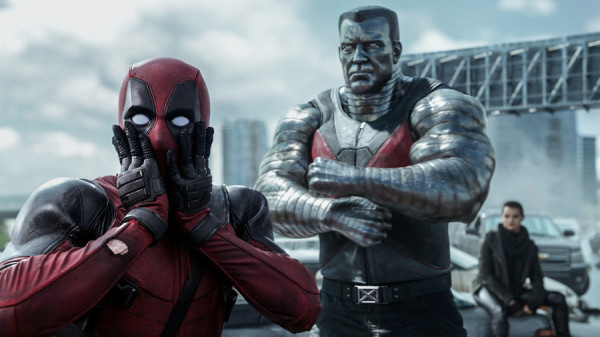One of the most important scenes in a script is your protagonist’s introductory scene. I can’t stress this enough. One of the biggest mistakes new screenwriters make is not conveying who their protagonist is in that opening scene and not showing us why they’re a character we should be interested in.
You can have a great story and be excellent at plotting and dialogue and lots of other things. But if your main character is uninteresting, vague, unappealing, or just plain boring, it doesn’t matter.
This isn’t just true in movies. It’s true in real life. Have you ever gone to a party and started talking to someone only to find out they’re the most boring person in the universe? You don’t want to keep talking to that person, do you? You want to find someone who’s more interesting!
Obviously then, getting that introductory scene right starts long before you write it. After constructing your premise, you should make sure you have an interesting/unique protagonist to drive that premise.
Once you have that, you will use your first scene to highlight that uniqueness. If your main character is mysterious, have them be mysterious. If your main character is a chatterbox, open with them chattering. If your main character is weird, open with them doing something weird.
Note this isn’t just about creating quirky characters that would serve as Charlie Kaufman masturbation material. “Interesting” could mean someone who’s passionate, energetic, charming, or a number of other things.
Let’s take a look at recent Academy Award winner, Leonardo DiCaprio, in his most famous film, Titanic. We meet him betting everything on a poker game. That tells us everything we need to know about this guy. He lives life by the seat of his pants and goes wherever it takes him.
Next, you want to convey what a character’s ISSUE is. By issue I mean what’s plaguing their life at the moment, making things sucky? In Star Wars, Luke’s issue is that he doesn’t want to be on this planet farming any more. He wants to be a pilot, fighting for the Rebellion. Or Neo in The Matrix. We meet Neo alone in his apartment, fallen asleep in front of his computer. This man’s issue is that he lives a boring, lonely, introverted existence (note how in the first example, the main character is aware of his issue, in the second he is not – either approach is fine).
Now here’s where things get juicy. If you want to REALLY do your job, you want to convey in that first scene what your main character’s FLAW is. This will indicate to the audience what your character needs to “fix” to become whole by the end of the movie.
Remember when we were discussing dramatic questions a few weeks ago? And how if you pose a dramatic question, the reader will stick around for the answer? Identifying your main character’s flaw in that first scene works in a similar fashion. Once we see what’s wrong with them, we’ll subconsciously want to stick around to see if they can overcome it. “Close the loop” so to speak.
Now here’s the thing. The “flaw” opener is most prominent in comedy scripts. Like Liar Liar. Jim Carrey DEPENDS on lying. We see that in his opening scene in the courtroom. This tends to be the case because audiences are okay with comedies being over-the-top in conveying important story points.
It’s a lot harder to pull this off in other genres, like drama or science-fiction, because you can’t be too overt about it. For that reason, most writers tend to avoid it and deal with the flaw later on, if at all. I would caution against this. If you can make your main character interesting, identify their issue, AND announce their flaw all in their first scene, you are not only a masterful writer, but you’ll have bought yourself that reader’s eyes for 30 more pages AT LEAST. Readers will want to stick around to see what’s up with that character.
Remember, you’re not always going to be able to pull all three off. Each screenplay has its own unique set of problems. For example, in the Bourne series, Jason Bourne has amnesia and therefore doesn’t remember who he is. How can you establish someone’s flaw if they don’t know who they are? Or in Braveheart, we meet William Wallace before he’s an adult. So you can’t really give him a flaw since his flaw will be born through his experiences growing up. The point being – don’t try to force everything in there if it doesn’t work for your particular story.
But today is different. Today we ARE going to try and pull off all three. So your challenge is to write a scene introducing us to a main character who we a) want to see more of (conveyed through making them interesting/unique in some way), and b) know who he is by the end of the scene (conveyed through issue and flaw).
Upvote the character you MOST want to read more about in the comments section and we’ll give a shout out to the winner tomorrow. Good luck!


